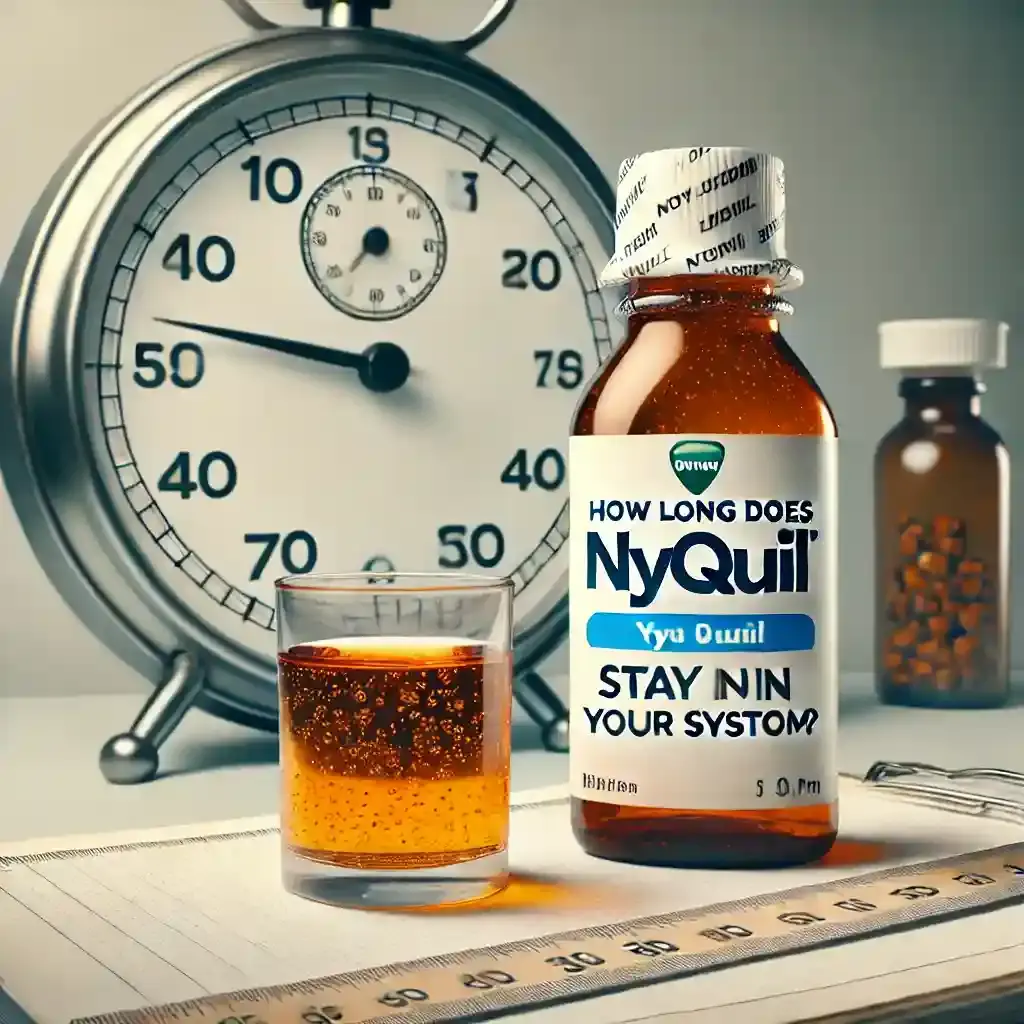Sinus infections—medically called sinusitis—can mess up your whole week. You wake up with facial pressure, a clogged nose, maybe even ear pain. Breathing becomes a chore. For some, it starts with allergies. For others, it comes after a cold.
Most sinus infections are caused by viruses. But some turn into bacterial infections. And when that happens, antibiotics may be needed. This is where Augmentin for a sinus infection becomes relevant.
Doctors prescribe it when symptoms last longer than expected or worsen. Let’s walk through how this medicine works, what it does to bacteria, and what you need to keep in mind if your doctor has just written you a prescription.
What is Augmentin, and how does it work on Sinusitis?
Augmentin is an FDA-approved prescription medicine for infection treatment, including sinus infection. Clavulanate helps the amoxicillin do its job better, especially against bacteria that try to fight back.
The combo gives Augmentin a wider reach. Amoxicillin alone might not kill some bacteria because of an enzyme they release called beta-lactamase. But clavulanate stops that enzyme, allowing amoxicillin to break down the bacteria properly.
This mix is why Augmentin for sinus infection is often the first choice when regular antibiotics fail. It helps bring down inflammation, clears blocked sinuses, and reduces overall symptoms.
Augmentin comes in various forms—chewables, extended-release tablets, and liquids. All are taken by mouth and absorbed by the body quickly.
When Should You Use Augmentin for a Sinus Infection?
Not all sinus issues need antibiotics. But if you’ve had symptoms like pressure, congestion, and yellow mucus for over 10 days—or they come back worse after a short break—your doctor may suspect a bacterial infection.
That’s when they consider prescribing Augmentin for a sinus infection. It’s known to work well, especially when sinus symptoms keep getting worse.
You might also get it if you’ve tried another antibiotic that didn’t work. Because of the two ingredients, Augmentin has more power against stubborn bacteria.
Make sure you complete your course. Stopping early, even if you feel better, might let bacteria survive and return stronger.
How Quickly Does Augmentin Start Working?
The timeline for relief can vary. Some people feel better within two days. For others, it may take four. On average, you should notice progress within three to four days.
Once swallowed, the medicine reaches its peak in your blood within about 1.5 hours. That means it's already working on the bacteria soon after you take it.
Still, antibiotics don’t work like painkillers. They don’t offer instant comfort. They reduce the root cause—bacteria. Give your body a couple of days to respond.
If you feel worse after day four or see no improvement at all, contact your doctor. You may need a different antibiotic or have another underlying issue.
Correct Dosage of Augmentin for Sinus Infection
Dosage isn’t one-size-fits-all. It depends on the type of sinus infection, your age, your weight, and the form of the medicine.
For adults, the typical options are:
-
500 mg every 8-12 hours
-
875 mg every 12 hours
Doctors often prescribe a 5- to 10-day course. Serious infections may require higher doses.
For children, dosage depends on body weight. Kids over a certain weight (around 40 kg) can usually take the adult dosage. For infants and smaller children, doctors prefer the oral suspension—usually 125 mg every 12 hours.
Always take Augmentin with food. It helps with absorption and can reduce stomach upset. Don’t chew or crush extended-release tablets unless advised.
What Side Effects Might Happen While Taking Augmentin?
Most people tolerate Augmentin well. But like all antibiotics, it can cause side effects. Some are mild and fade within days. Others may require a doctor’s input.
Common symptoms include:
-
Diarrhea or loose stools
-
Mild nausea
-
Indigestion or gas
-
Mild skin rash
-
Headache
-
Dry mouth or slight metallic taste
Less common side effects may include:
-
Changes in heartbeat
-
Swelling or soreness in the mouth
-
Burning in the chest or upper stomach
-
Tooth staining (more in children)
If any side effect feels severe or don’t go away, it’s best to stop the medicine and call your doctor. Allergic reactions, though rare, can happen. Watch for itching, swelling, or breathing difficulty.
Precautions You Must Take While Using Augmentin
Before starting Augmentin, share your full medical history with your doctor. This includes:
-
Any past allergic reaction to antibiotics
-
Liver or kidney problems
-
Blood clotting issues
-
Ongoing use of blood thinners
-
Pregnancy or breastfeeding
-
Current supplements or medicines you take
Some medications, like warfarin, chloroquine, or even vitamin D3, might interact with Augmentin. So never take it without discussing other medicines first.
People with ulcerative colitis, phenylketonuria, HIV/AIDS, or leukemia need extra caution. Your doctor may choose a different antibiotic or adjust your dose.
If you're pregnant or breastfeeding, tell your doctor. A small amount of this medicine may pass into breast milk. It's usually safe, but precaution helps.
Alternatives to Augmentin for Sinus Infections
Not everyone can tolerate Augmentin. And sometimes, the infection doesn’t respond well to it. In such cases, doctors turn to other options. These may include:
-
Doxycycline
-
Ciprofloxacin
-
Levofloxacin
-
Moxifloxacin
-
Clarithromycin
-
Clindamycin
-
Amoxicillin (by itself)
-
Penicillin (in mild cases)
Your choice depends on what bacteria you’re dealing with, your past medical history, and allergies. Antibiotics aren’t over-the-counter, so don’t try switching on your own. Always consult first.
Tips for Taking Augmentin Safely and Effectively
To get the best results from Augmentin, you need to follow a few simple steps:
- Take it at the same time every day. Don’t skip doses. If you miss one, take it when you remember—unless it’s almost time for the next.
- Always take it with food. Not just snacks, but a proper meal helps reduce the chance of stomach issues.
- Don’t take it with fruit juices, alcohol, or dairy-rich meals close together. They may interfere with absorption.
- Keep drinking water. It helps flush out toxins and keeps your system balanced.
- Finish your course, even if you feel fine. Quitting early may let bacteria stay alive and cause another infection soon.
Does Augmentin Work Better Than Other Antibiotics for Sinusitis?
In many cases, yes. Augmentin is often more effective because of its two-part formula. While amoxicillin works well alone, many bacteria now produce beta-lactamase enzymes to block it.
Clavulanate stops that process. This gives Augmentin an edge over amoxicillin alone or other basic antibiotics.
But that doesn’t mean it’s always better. Sometimes a single antibiotic like doxycycline may work just as well. The choice depends on the infection and your health history.
Can You Take Augmentin Again If Sinus Infections Come Back?
If you've taken Augmentin in the past and it worked, doctors might prescribe it again. But it’s not always the first choice for recurring sinus infections.
Using the same antibiotic often can lead to resistance. Bacteria learn to survive it. So doctors may suggest trying another option or run tests to see what bacteria are present.
If your sinus infections keep coming back, talk to your ENT specialist. You might need imaging, allergy testing, or a change in treatment.
Home Care Tips to Support Your Treatment
While you’re on Augmentin, try these to speed up healing:
-
Steam inhalation once or twice daily
-
Saline nasal spray to ease congestion
-
Warm compress on your face to ease pressure
-
Sleep with your head slightly raised
-
Avoid allergens like dust or pollen
-
Cut down on dairy if it worsens mucus
Stay away from smoke or harsh perfumes, and drink warm fluids. These help your body fight off the infection naturally while the medicine handles the rest.
Final Thoughts
If your doctor suggests Augmentin for sinus infection, it means the infection is likely caused by bacteria, not a virus. This medication works well for many people.
Still, antibiotics need to be used carefully. Follow the dosage, take precautions, and stay in touch with your doctor throughout the treatment.
Let your body rest and give the medicine time to do its work. Augmentin isn’t fast like a painkiller—but when it works, it clears out the problem from the root.
Frequently Asked Questions
Can I take Augmentin for mild sinus pressure?
No, not unless your doctor says it's bacterial. Most mild sinus issues go away on their own without antibiotics.
Should I stop Augmentin if I get diarrhea?
Not immediately. Mild diarrhea is common. But if it becomes severe or bloody, stop and contact your doctor right away.
What should I avoid while on Augmentin?
Avoid alcohol, high-fat meals, or acidic juices. These may increase side effects or reduce absorption.
Can Augmentin be taken on an empty stomach?
You can, but it’s better with food. Taking it on an empty stomach may lead to more nausea or discomfort.
What happens if I miss a dose of Augmentin?
Take it as soon as you remember. But don’t double up if the next dose is near. Stick to your schedule after that.
Reviewed by







